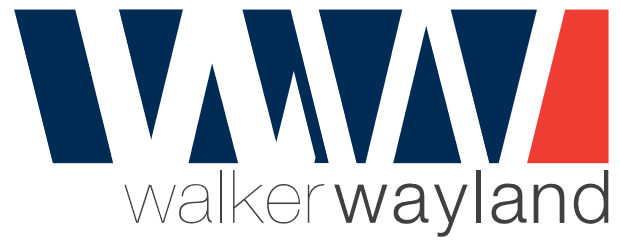SMALL BUSINESSES AND COMPANIES
- The corporate tax rate for base rate entities is 27.5% from 1 July 2017. A company is a base rate entity if it carries on business and has an aggregated turnover for the year that is less than $25m
- The ATO will be allowed to disclose to Credit Reporting Bureaus the tax debt information of businesses that have not effectively engaged with the ATO to manage these debts from 1 July 2017
- Simplified BAS reporting is applies to small business entities from 1 July 2017.
SUPERANNUATION
- The tax on working holiday makers’ superannuation payments when they leave Australia is 65%, from 1 July 2017
- The low income superannuation contribution scheme is abolished from 2017/18; a low income superannuation tax offset will be available for 2017/18 and later years
- The restriction on funds accepting fund-capped contributions has been abolished from 1 July 2017
- A $1.6m transfer balance cap applies to the total amount of accumulated superannuation an individual can transfer into the tax-free retirement phase from 1 July 2017
- The threshold at which high income earners are liable for Division 293 tax has been lowered from $300,000 to $250,000 from 1 July 2017
- The annual cap on concessional contributions has been reduced to $25,000 from 1 July 2017 for all individuals regardless of their age
- From 1 July 2017, the annual non-concessional contributions cap has been reduced to $100,000; individuals with a superannuation balance of more than $1.6m are not eligible to make non- concessional contributions from 1 July 2017
- The 10% test to determine an individual’s eligibility for deductions for personal superannuation contributions has been removed from 1 July 2017; contributions to certain prescribed funds are not tax-deductible
- Eligibility for the spouse contributions tax offset has been extended to individuals whose spouses earn up to $40,000 from 1 July 2017
- The tax exemption for income derived from assets has been changed to apply only to income streams in the retirement phase. Individuals can not treat superannuation income stream payments as lump sum superannuation benefits for tax purposes from 1 July 2017
- The anti-detriment provision, which allows superannuation funds to claim a tax deduction for a portion of the death benefits paid to eligible dependants, has been removed from 1 July 2017
- Transitional CGT relief applies for assets transfers in connection with changes to the tax treatment transition to retirement income streams and compliance with the superannuation transfer cap
- An individual’s total superannuation balance concept is used to determine eligibility for various tax concessions from 1 July 2017
- A superannuation transfer balance cap will limit the total amount of accumulated superannuation that an individual can transfer into the tax-free retirement phase from 1 July 2017; excess transfer balance tax is payable for exceeding the cap.
INTERNATIONAL
- The diverted profits tax (DPT) applies to tax benefits under a relevant scheme derived in income years commencing on or after 1 July 2017
- Failure-to-disclose penalties have been increased for significant global entities, with effect from 1 July 2017
- The foreign investment framework will be clarified and simplified with effect from 1 July 2017 to make foreign investor obligations clearer.
- The CGT foreign resident withholding rate is 12.5% from 1 July 2017 (previously 10%) and the threshold at which the CGT withholding obligation applies to Australian real property has been reduced to $750,000 (previously $2m)
- The CGT main residence exemption will no longer be available to foreign and temporary tax residents from 7.30 pm (AEST) on 9 May 2017
- From 1 July 2017, CGT event E4 will not arise where a trust receives a tax-free capital gain under the early stage innovation company provisions.
GOODS AND SERVICES TAX
- GST extends to cross-border supplies of services and intangibles, such as digital products, to Australian consumers from 1 July 2017
- The definition of ‘‘financial supply’’ has been extended to include the supply of bank accounts and superannuation interests by foreign financial institutions from 1 July 2017
- The GST treatment of digital currency such as bitcoin will be aligned with that of money from 1 July 2017 to avoid potential double taxation
- GST reporting and record-keeping has been simplified from 1 July 2017 for small businesses with a turnover of less than $10m.
FRINGE BENEFITS TAX
- For the FBT year commencing 1 April 2017, the FBT rate is 47%.
TOFA
- The TOFA regime will be reformed to reduce its scope, decrease compliance costs, and increase certainty, with effect for income years on or after 1 January 2018
- The tax hedging regime will be amended to make it easier to access, encompass more types of risk management arrangements, and remove the direct link to financial accounting. The new rules will apply to income years on or after 1 January 2018
- The functional currency rules will be changed to extend the range of entities that can use a functional currency for income years on or after 1 January 2018
- From 1 July 2018, key barriers to the use of asset-backed financing arrangements, which are supported by assets, such as deferred payment arrangements, and hire purchase arrangements will be removed.
OTHER CHANGES
- From 1 July 2017, travel expenses related to inspecting, maintaining or collecting rent for a residential rental property will be disallowed
- Eligibility for deductions for depreciating plant and equipment in a residential rental property will be limited to the taxpayer that actually incurred the outlay to purchase the plant and equipment and not to successive investors in the property, from 1 July 2017
- From 1 July 2017, the Commissioner will limit a taxpayer’s instalment rate in cases where the normal rules would otherwise produce a very high rate.



